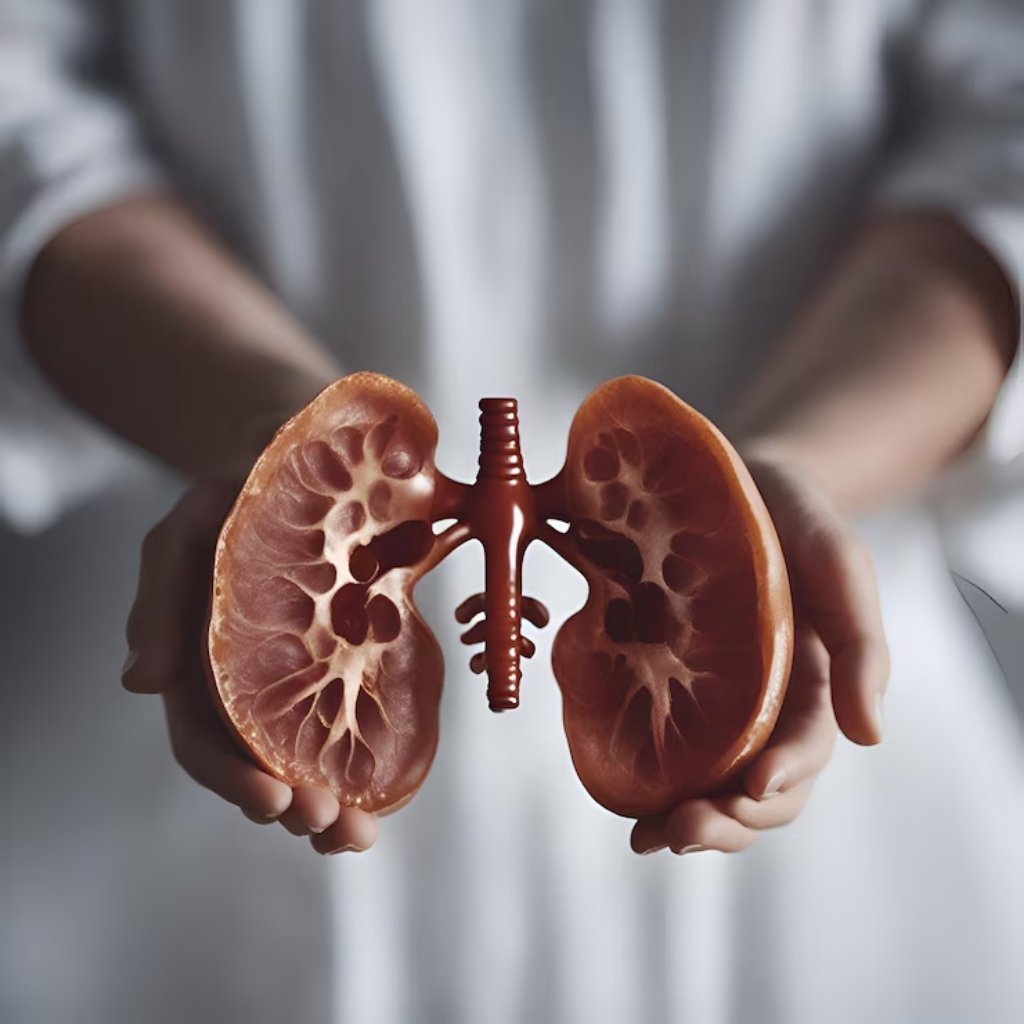Challenges of Kidney Transplants:
A kidney transplant, offers significant advantages over dialysis in terms of improved quality of life, better long-term survival, and more freedom from the constraints of frequent dialysis. It is important for nephrologists to provide proper eduaction to patients about the options available and help them make informed decisions regarding their kidney health.






